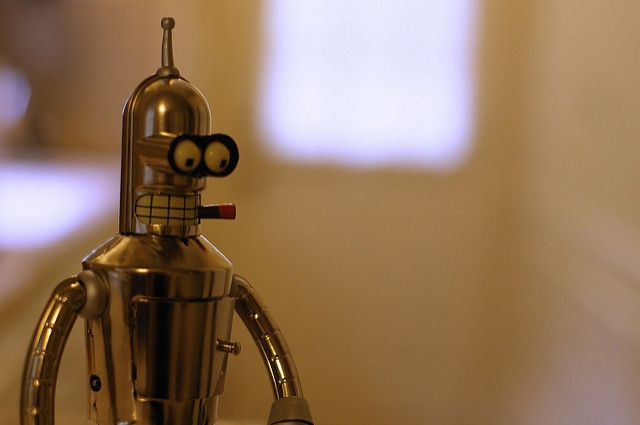Are We Ready for Artificial Intelligence?
Artificial intelligence technology is in the process of transforming our lives. We already have robotic vacuum cleaners, smart thermostats, and autonomous cars. And over the next 15 years, AI will continue to make inroads into nearly every area of our lives – from education and entertainment to healthcare and security. But are we ready for that?

Creating true AI is a notoriously difficult task. Still, difficult does not mean impossible; although true AI may not have achieved yet, thousands of scientists, investors, and programmers are seeking to be the first to crack the puzzle – and all of them are motivated by the belief that creating true AI is a very real goal.
However, if true AI is created in the near future, this would usher in a whole host of ethical and legal quandaries. For example, if we created a truly intelligent silicon based life-form, should it be allocated rights? If so, which ones? Could we call such a machine “conscious”? If we can, what does that say about our ethical duties toward it? And, given that modern day computers exhibit a vastly greater serial depth of processing than the neural networks of organic beings (and therefore that one intelligent, self-modifying digital machine would be capable of creating new knowledge at a far, far greater rate than an entire continent of world-class scientists) how can we prevent such technology falling into the wrong hands?
To help answer these types of questions, Stanford University has released its Artificial Intelligence and Life in 2030 report. The first product of the One Hundred Year Study on Artificial Intelligence, a Stanford project seeking to inform debate and provide guidance on the ethical development of smart software and machines, Artificial Intelligence and Life in 2030 investigates eight areas of human activity in which AI will influence in 2030: transportation, home/service robots, healthcare, education, entertainment, low-resource communities, public safety and security, employment, and the workplace.
The report does not look to offer solutions. Rather, as we edge further toward a world with true AI, it aims only to get the conversation started. And this is absolutely something we should be talking about. True, AI holds incredible potential; but we need to have a good policy in place before it arrives.
What do you think about AI? Will true AI be achieved soon? And if it is, are we ready for it?
Email me your thoughts.
